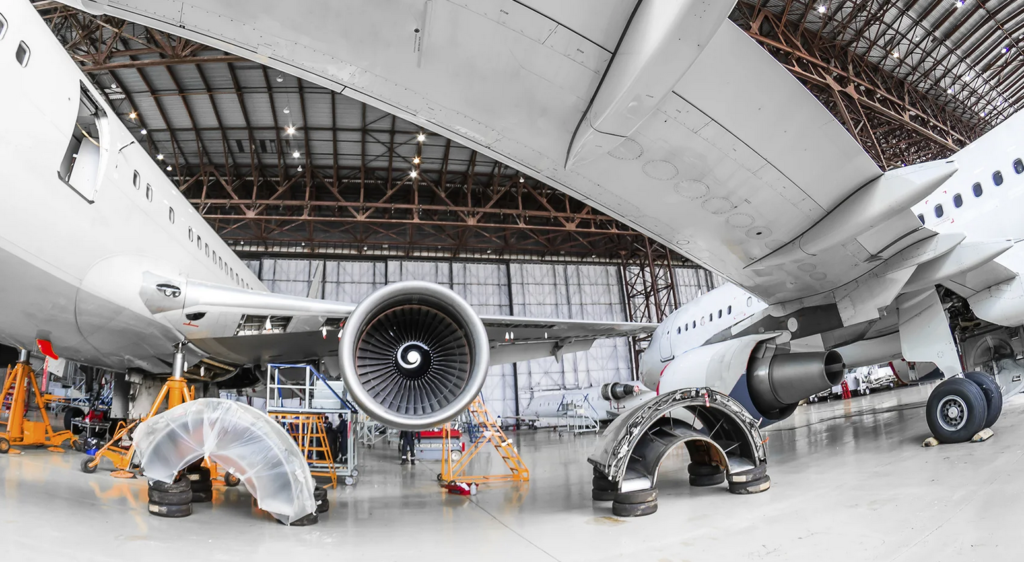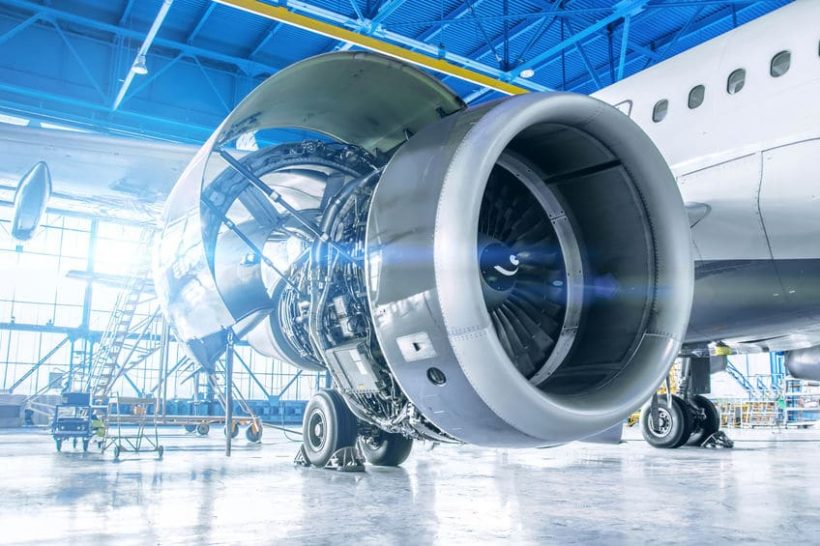Introduction
In the fast-paced world of aerospace manufacturing, staying ahead of the competition while maintaining quality and efficiency is crucial. The aerospace industry, with its complex and dynamic nature, requires advanced solutions to manage resources, production, and distribution effectively. This is where Enterprise Resource Planning (ERP) systems step in as the unsung heroes of aerospace manufacturing. This article delves into the realm of ERP systems and their indispensable role in transforming the aerospace manufacturing industry.
Table of Contents
- Introduction
- Overview
- The Evolution of ERP Systems in Aerospace Manufacturing
- Key Features and Functionalities of ERP Systems in Aerospace Manufacturing
- How ERP Systems Optimize Aerospace Manufacturing
- The Future of ERP Systems in Aerospace Manufacturing
- Conclusion
- FAQs (Frequently Asked Questions)
- What sets ERP systems for aerospace manufacturing apart from generic ERP systems?
- Can ERP systems handle the complexities of multinational aerospace manufacturing firms?
- How do ERP systems contribute to cost savings in aerospace manufacturing?
- What role does data security play in ERP systems for aerospace manufacturing?
- How can aerospace manufacturers choose the right ERP system for their unique needs?
- What challenges might aerospace manufacturers face during ERP implementation?
Overview
Before we dive into the intricate details, let’s grasp the essence of ERP systems in the aerospace manufacturing industry. Aerospace ERP software solutions that integrate various business processes, data, and applications within an organization. In the aerospace sector, ERP systems streamline operations, providing real-time insights, and enabling strategic decision-making.
The Evolution of ERP Systems in Aerospace Manufacturing
Aerospace manufacturing has witnessed remarkable growth over the years, and so have ERP system tailored for this industry. Early ERP systems were basic and limited in functionality. However, as technology progressed, modern ERP solutions emerged, offering a plethora of features specifically designed to meet the unique needs of aerospace manufacturing.
Key Features and Functionalities of ERP Systems in Aerospace Manufacturing
To fully comprehend the impact of ERP systems on aerospace manufacturing, it’s essential to explore the key features and functionalities they offer:
Inventory Management and Supply Chain Integration
ERP systems enable seamless inventory management, ensuring that aerospace manufacturers have the right materials at the right time. Integration with supply chain partners fosters collaboration and enhances transparency, mitigating delays and optimizing costs.
Shop Floor Control and Production Planning
By providing real-time data on production processes, ERP systems allow aerospace manufacturers to monitor and optimize shop floor operations. Efficient production planning reduces lead times and improves overall productivity.
Quality Control and Compliance Management
Maintaining the highest quality standards is critical in the aerospace industry. ERP systems facilitate stringent quality control measures and compliance management, ensuring adherence to regulatory requirements.
Financial Management and Cost Analysis
ERP systems streamline financial processes, from budgeting and forecasting to cost analysis and reporting. This data-driven approach empowers decision-makers to allocate resources wisely and enhance profitability.
Engineering Change Management
Aerospace projects often encounter engineering changes due to evolving requirements. ERP systems manage these changes seamlessly, minimizing disruptions and maximizing project efficiency.
Supplier Relationship Management
Efficient supplier relationship management is vital in aerospace manufacturing. ERP systems facilitate collaboration with suppliers, optimizing procurement processes, and fostering long-term partnerships.

How ERP Systems Optimize Aerospace Manufacturing
Now that we’ve explored the core features, let’s dive deeper into how ERP systems optimize aerospace manufacturing processes:
Streamlining Operations for Enhanced Productivity
ERP systems bring all aspects of aerospace manufacturing under one digital roof, simplifying complex processes and reducing manual tasks. This streamlining enhances productivity, allowing teams to focus on innovation and high-value tasks.
Real-time Data Insights for Informed Decision-Making
The dynamic aerospace industry demands quick and informed decisions. ERP systems provide real-time data insights, enabling decision-makers to respond rapidly to market changes, production bottlenecks, and emerging opportunities.
Improved Collaboration and Communication
ERP systems foster cross-departmental collaboration and communication, breaking down silos and promoting a cohesive work environment. This synergy leads to better coordination and more efficient operations.
Enhancing Traceability and Compliance
With strict regulations governing the aerospace sector, traceability and compliance are paramount. ERP systems offer traceable data throughout the production lifecycle, ensuring adherence to industry standards and avoiding potential penalties.
Optimal Resource Utilization
Aerospace manufacturing involves extensive resources. ERP systems optimize resource allocation, preventing waste and minimizing costs without compromising on quality.
Agility and Adaptability to Market Demands
Market demands in aerospace manufacturing can fluctuate rapidly. ERP systems enable manufacturers to adapt to changing requirements swiftly, maintaining a competitive edge in the market.
The Future of ERP Systems in Aerospace Manufacturing
As technology continues to evolve, the future of ERP systems in aerospace manufacturing looks promising. Advancements in Artificial Intelligence (AI), Internet of Things (IoT), and cloud computing will further enhance ERP capabilities, bringing automation and predictive analytics to the forefront.
Conclusion
ERP systems have emerged as indispensable tools in the aerospace manufacturing industry, driving efficiency, productivity, and innovation. By seamlessly integrating various processes and providing real-time insights, ERP systems elevate aerospace manufacturers to new heights. As the aerospace industry continues to evolve, ERP systems will play a pivotal role in shaping its future. Embracing ERP technology is a strategic move that empowers aerospace manufacturers to stay competitive in a rapidly changing world.
FAQs (Frequently Asked Questions)
What sets ERP systems for aerospace manufacturing apart from generic ERP systems?
Aerospace ERP systems are tailored to meet the unique challenges of the aerospace industry, such as strict regulations, complex supply chains, and engineering change management specific to aerospace projects.
Can ERP systems handle the complexities of multinational aerospace manufacturing firms?
Yes, ERP systems are designed to handle the complexities of multinational firms by providing multi-site and multi-language support, ensuring seamless operations across various locations.
How do ERP systems contribute to cost savings in aerospace manufacturing?
ERP systems optimize resource utilization, streamline operations, and reduce manual tasks, leading to significant cost savings in the long run.
What role does data security play in ERP systems for aerospace manufacturing?
Data security is of utmost importance in the aerospace industry. ERP systems implement robust security measures, ensuring data integrity and protection against cyber threats.
How can aerospace manufacturers choose the right ERP system for their unique needs?
Selecting the right ERP system involves evaluating specific requirements, scalability, industry compliance, and the track record of the ERP vendor in the aerospace sector.
What challenges might aerospace manufacturers face during ERP implementation?
ERP implementation challenges may include data migration, employee training, and system integration. Thorough planning and collaboration with ERP vendors can help overcome these challenges.

